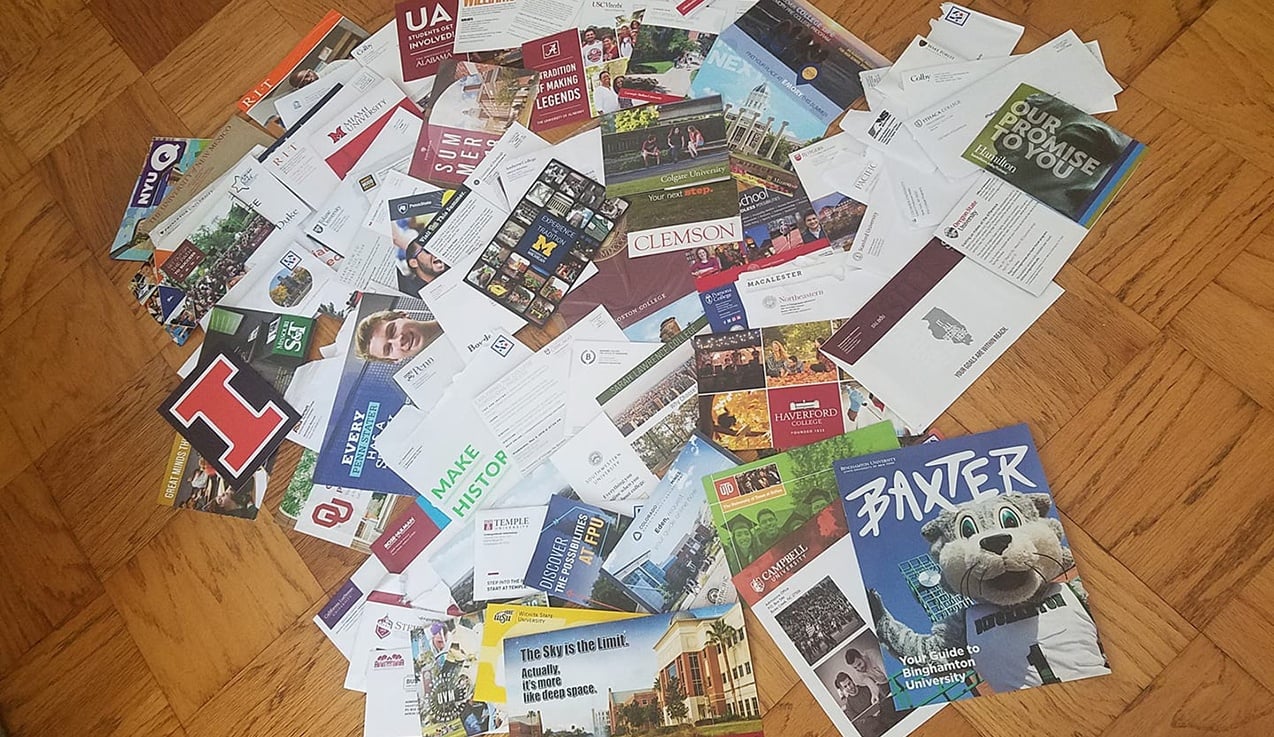For years, families have asked me if they should leave blank the race question on college applications. Asian Americans, specifically, wonder if answering this question puts them at a disadvantage because they are one of the largest demographic groups within the applicant pools at elite colleges. Their concerns are valid.
The public is learning more every day about the lawsuit and investigation into Harvard University alleging decades of widespread racial discrimination against Asian American applicants. The details being exposed about practices at Harvard are not news to me. I worked as an Associate Dean of Admissions at an Ivy League university and as a Dean of Admissions at an elite small liberal arts college. I saw firsthand how race can disadvantage an applicant, especially Asian Americans.
Watch my segment on CNBC's Power Lunch to hear my thoughts on the current lawsuit against Harvard University and the Asian bias in college admissions.
Despite this, I strongly believe that all students should self-identify their race on college applications. It's the only way to put colleges on notice. If a student doesn't self-identify their race, they are unprotected by the law—the Civil Rights Act of 1964. Some may argue that the law never protected these students in the first place.
Ironically, the 2016 Harvard Graduate School of Education report "Turning the Tide" urges high school students to do more good before applying to college. I believe the real turning of the tide is coming: Harvard will be put to task to do more good themselves.
But there is a real and practical reason not to leave the race question blank on college applications. Regardless of whether a student self-identifies as Asian American or another group, an admissions officer infers a student's race, religion, and socioeconomic background by the biographical information required by the application. A student’s name, parents’ occupation and education, hometown, and high school all effectively fill in this box in the eyes and minds of the admissions officer. Whether the admissions officer's inferences are accurate or not, they rely on these assumptions and this then guides their decision making.
It is much easier for admissions officers to hold students who do not identify to a higher standard than the rest of the applicant pool without any recourse. However, if the student self-identifies their race, they have a built-in safety net. It is a simple, fundamental right to not be discriminated against in our country.
"If a student self-identifies their race on their #college applications, they have a built-in safety net against discrimination." TWEET THIS
The lawsuits and investigations have picked up momentum, but my message to applicants has not changed: Be true to your upbringing, culture and ethnicity. I tell students to embrace it. Celebrate it. And write about it.
Honoring our heritage is the most fundamental right we have as Americans. Students need to deeply express who they are and why they are relevant and worthy of admission at elite colleges. Writing about an accent, native language, tradition, home, or personal appearance is not only the best way to be true to yourself, it reminds others to be true to you.
Well before the lawsuits and investigations began, I used to tell Asian Americans and other racial and ethnic groups who have been historically discriminated against to always self-identify their race, ethnicity, and religion. I knew that someday all of these students would have their moment and justice would be served. That time is now.











